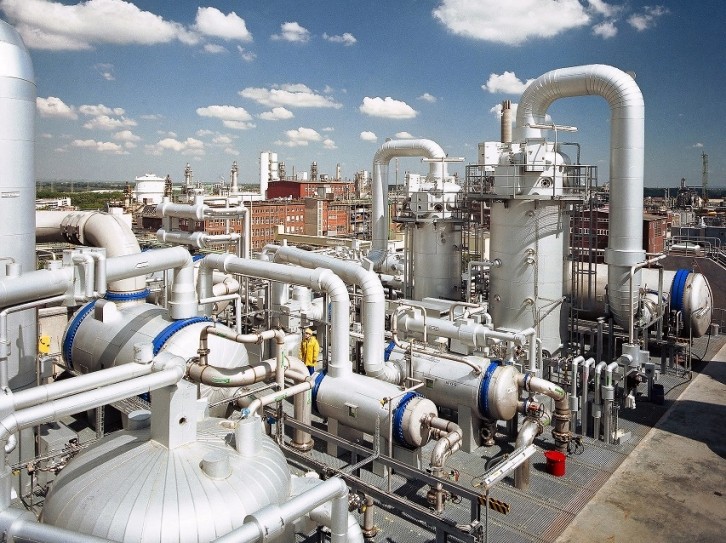BASF faces delay in startup of vitamin A1000 facility in Ludwigshafen

“The production of vitamin A1000 is a highly complex multi-stepped process. The start-up is progressing slower than expected,” a spokesperson told us.
The company completed the construction phase of the vitamin A formulation plant in May 2023.
Today, it stressed the need to provide the team and the new plant the necessary time to ensure top-quality and reliable production; however, it confirmed it was in the process of gradually ramping up the commercial production of the powder product.
And BASF assured the market of the continuous supply of vitamin A1000 in the interim.
Production of vitamin AD3 is slated to commence once operations are green lit at the vitamin A1000 unit.
In 2022, the specialty chemicals firm announced its strategic move to strengthen its position in the vitamin A market by expanding formulation capacities at Ludwigshafen, incrementally boosting its vitamin A powder formulation capacities in alignment with the heightened vitamin A acetate production capacity.
The successful completion of the vitamin A acetate plant expansion in 2021 increased BASF's total annual nameplate capacity for that product to 3,800 metric tons.
Market volatility
BASF is a leading supplier of vitamin A for the animal nutrition sector. However, this additional vitamin A capacity is coming online amid economic uncertainty and an unstable vitamin market, with dsm-firmenich last week revealing plans to separate its animal nutrition and health (ANH) business from the rest of the group to minimize exposure to vitamin earnings volatility.
That transformational shift is also being driven by the capital-intensive nature of the ANH unit compared to its other business segments. The company says it is exploring various separation options to realize the full potential of the ANH business.
In addition, dsm-firmenich reported that it was progressing in its cost reduction plan, as part of its vitamin transformation program, which includes initiatives such as plant closures, route-to-market simplification, and optimized service levels. Such measures are aimed at enhancing overall operational efficiency and adapting to the evolving dynamics of the vitamin market.
And it is not just the vitamin market that is challenged.
Adisseo announced in January that it was strategically consolidating its French Dl-methionine production at Roches-Roussillon, and that it would not be restarting production of methionine powder at its Commentry site; production was paused at that unit in October 2022 due to challenging economic conditions.
In announcing that temporary shutdown last year, Adisseo cited the higher energy and raw material costs, as well as demand stagnation. The supplier had recorded long-term contract cost increases of +26% for propylene, +13% for methanol and +78% for sulphur compared to the year prior.














